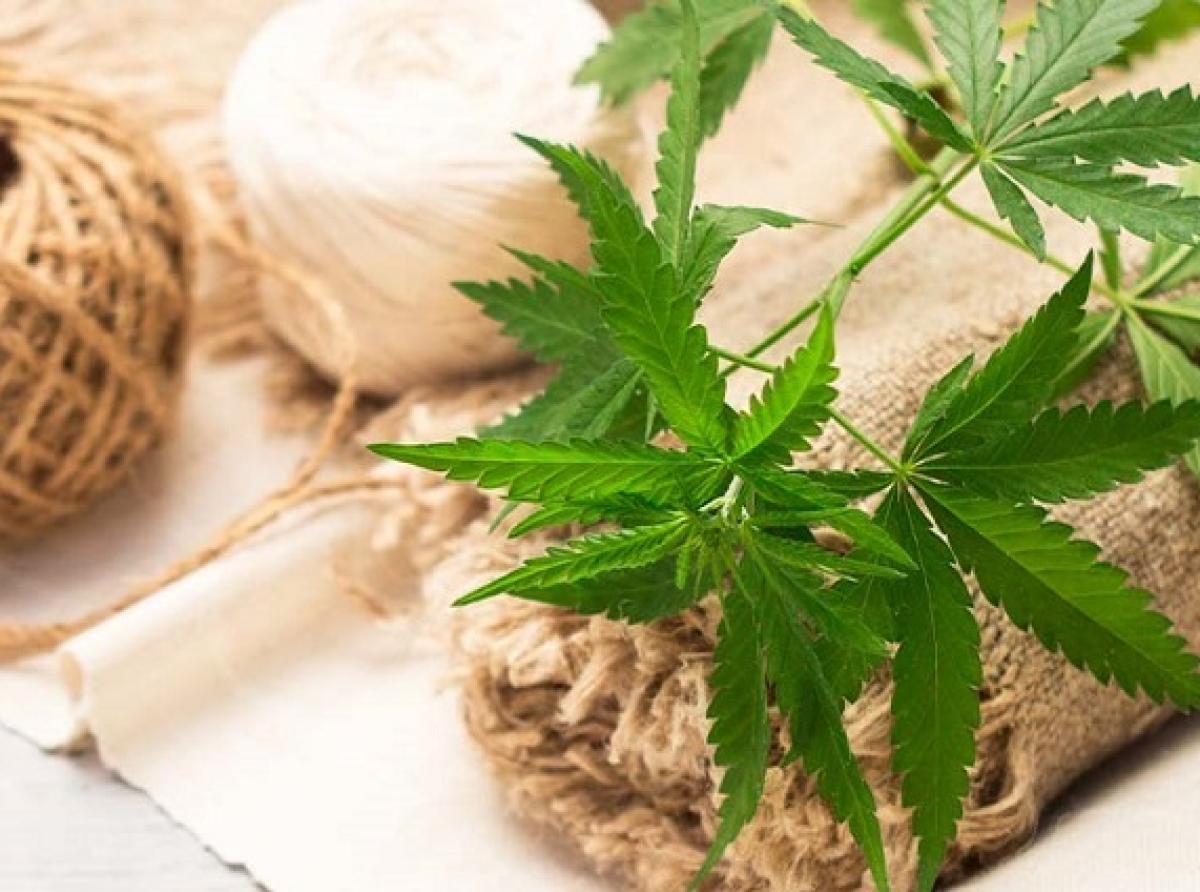02 August 2023, Mumbai
This versatile fiber is strong, durable, and eco-friendly.
- Sustainable: Hemp fiber is a sustainable fiber because it requires less water and land to grow than other fiber crops, and it does not require the use of pesticides or fertilizers.
- Versatile: Key applications; Hemp fiber can be used to make a variety of products, including clothing, paper, fabrics, paper, cordages, building materials, and insulation.
- Eco-friendly: Hemp fiber is an eco-friendly fiber because it does not require the use of pesticides or fertilizers, and it is biodegradable.
This makes it a much more sustainable option than cotton, which is the most widely used fiber in the world.
Benefits of Hemp Fiber
Hemp fiber is a promising solution for a sustainable future that is more competitive Vs many other fibers.
Hemp is a sustainable fiber that can help to reduce the environmental impact of the fashion industry.
Challenges of Hemp Fiber
A closer look
Cultivation and processing; There are some concerns about the cultivation and processing of hemp fiber.
In certain regions, the approval of highly hazardous pesticides for use on hemp crops poses environmental risks. Furthermore, the lack of clear guidelines for fertilizers could potentially lead to contamination.
Lack of awareness
Hemp fiber is not as widely known as other fiber crops, such as cotton. This lack of awareness could hinder the adoption of hemp fiber by businesses and consumers.
Sum up
Despite the challenges, the future of hemp fiber looks bright. As consciousness regarding sustainability increases, more and more brands are incorporating hemp fiber into their collections.
The growing demand for sustainable textiles offers an opportunity for hemp to emerge as a major part of the solution to the environmental problems associated with the fashion industry.
Other Sustainable Fibers
In addition to hemp, there are a number of other sustainable fibers that are gaining popularity.
These include:
Stinging nettle fiber
This versatile fiber can be used to make a variety of products, including clothing, paper, and insulation.
Coffee ground fiber
This unique material is made from recycled coffee grounds and boasts qualities like softness, absorbency, and odor resistance.
Piñatex
This vegan leather alternative is made from pineapple leaves and is strong, durable, and water-resistant.
Banana fiber
This strong and durable fiber is sourced from the banana plant and can be used to make a range of products, including clothing, bags, and paper.
Lotus fiber
This lightweight fiber is derived from the lotus plant and is resistant to water and UV rays.
These are just a few of the many sustainable fibers that are available. As the demand for sustainable textiles grows.

























